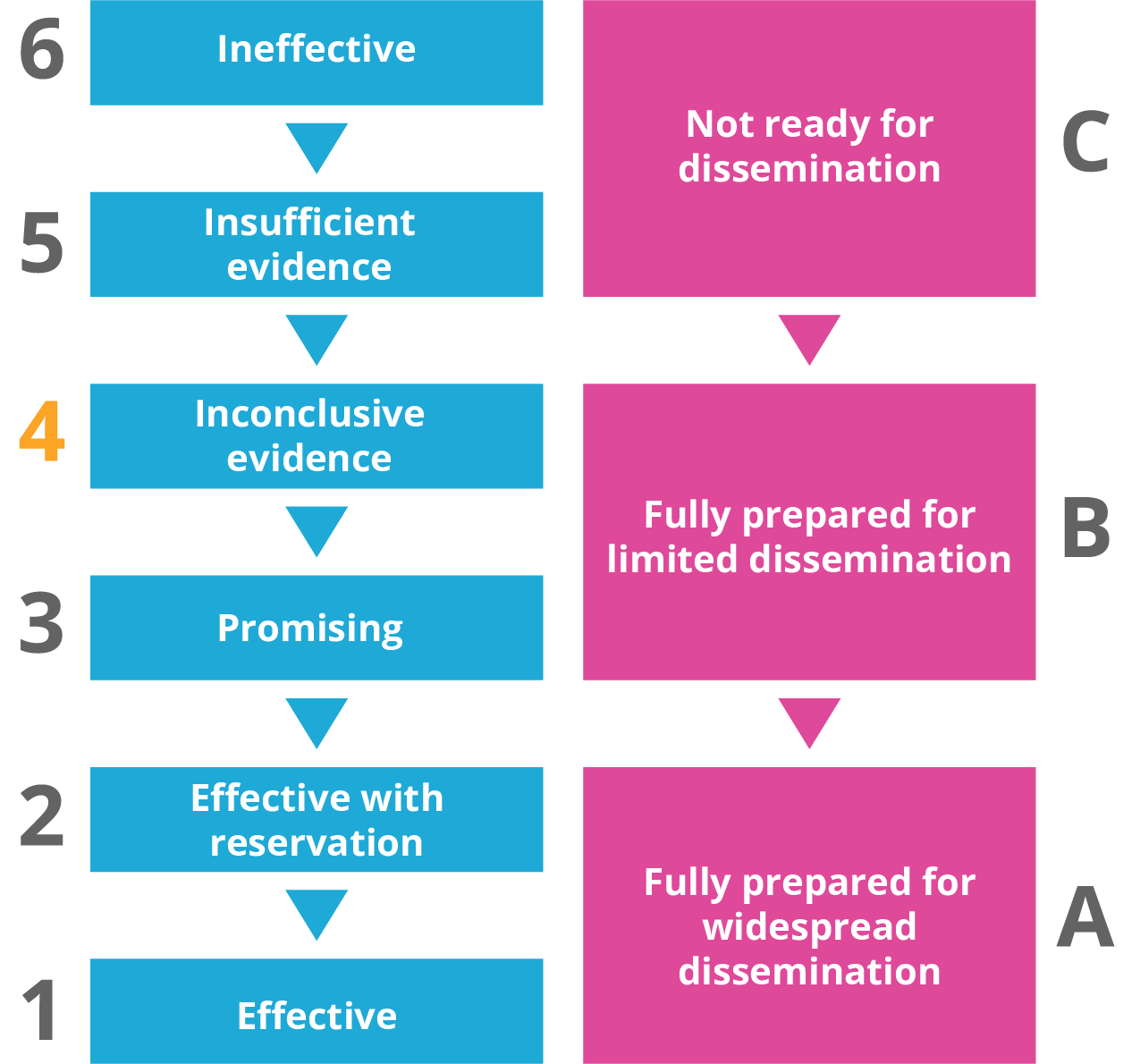Resource (only accessible if enrolled in the course): IDIS 199: The Science of Well-being, Mental Health & Resiliency
Authors/Developers: Queen's University
IDIS 199: The Science of Well-being, Mental Health, and Resiliency
Online Undergraduate Course
“IDIS 199, The Science of Mental Health, Well-Being, & Resiliency, is a course designed for undergraduate students across all programs. This course will impart relevant evidence [...] to understand the science behind mental health, well-being, and resiliency in emergent adults. [...] Students will learn about the emergent adult brain, genetic and psychosocial contributors to mental health, exposures common to university life which can detract from well-being, as well as actionable habits [...] that can help individuals succeed both academically and personally. Topics to be covered include an overview of conceptual approaches to defining and measuring mental health, mental health problems and mental illness, the impact of sleep habits, distress tolerance and self-regulation on well-being, and an introduction to effective coping such as participation in arts and culture, exercise and recreation, and healthy lifestyle choices.” - Queen's University


